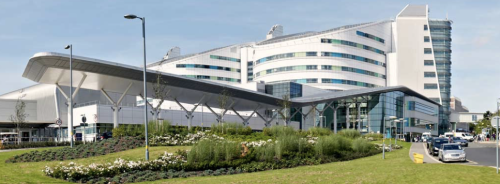Birmingham doctors in dispute over overtime pay cuts

Doctors at University Hospitals Birmingham NHS Foundation Trust (UHB) have entered a dispute with the Trust over its plan to reduce overtime pay.
The British Medical Association (BMA) says this decision amounts to a pay cut for extra hours worked, which they believe could increase strain on understaffed departments and impact patient care.
Under the new policy, UHB will stop paying higher rates for work outside of regular hours and instead offer only basic rates. This move will affect doctors working nights and weekends and filling urgent staffing gaps.
The BMA has advised its members not to work extra shifts below the BMA-recommended rates, effective immediately from Friday, November 8, 2024.
Despite ongoing staff shortages and over 121,000 patients awaiting treatment, UHB declined to reverse its decision.
The BMA argues that this approach violates recent agreements with the Department of Health, which state that additional pay rates should be negotiated locally rather than imposed unilaterally by Trusts.
BMA West Midlands regional consultants committee chair, Dr Rinesh Parmar, said:“We have been successful in negotiating with other trusts to prevent them making unilateral changes to rates for extra-contractual work and it is disappointing that managers at UHB do not see fit to follow national guidance for the benefit of their patients and staff.
“The Government’s ambition to tackle waiting lists and provide the promised 40,000 extra appointments a week, will rely on doctors agreeing to do extra shifts on top of their contracted work. Doctors are highly skilled professionals and any work outside of their contracted hours should be paid to reflect their skill, workload and experience.
“Without offering appropriate rates for work, the trust runs the risk that doctors will simply not pick up these extra shifts. This will inevitably lead to burnt out doctors, understaffed wards and patients who will have to suffer with poor and delayed care.”









